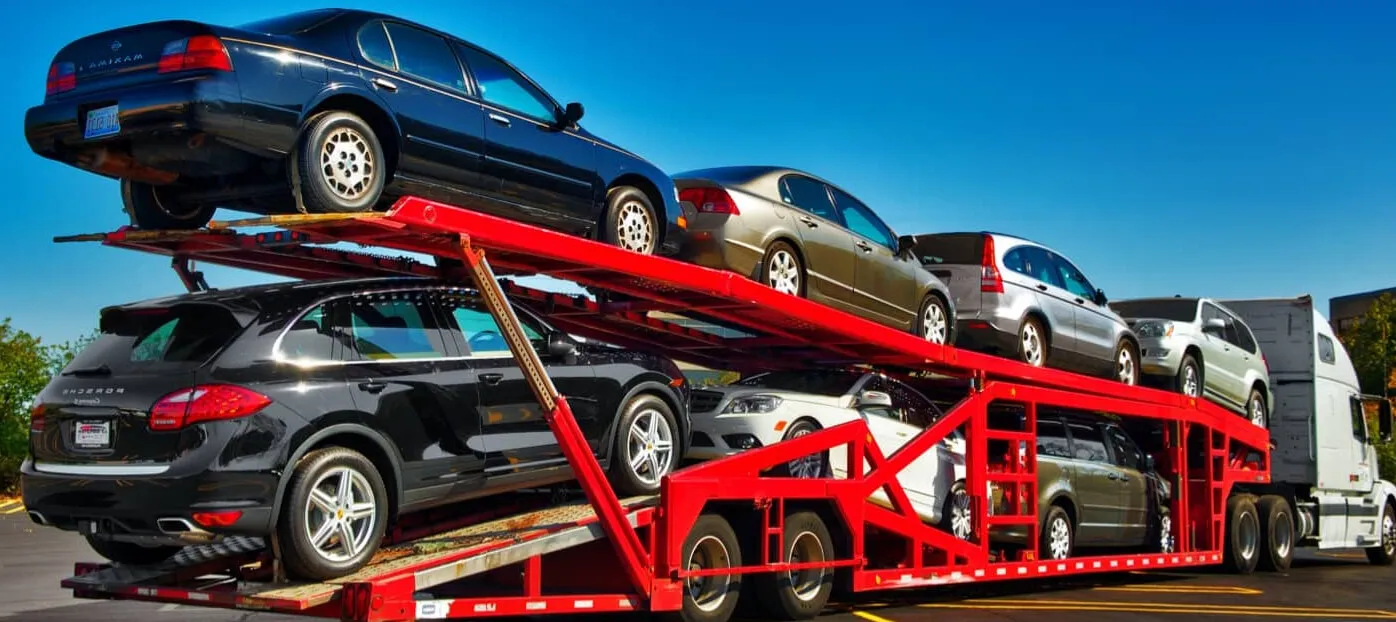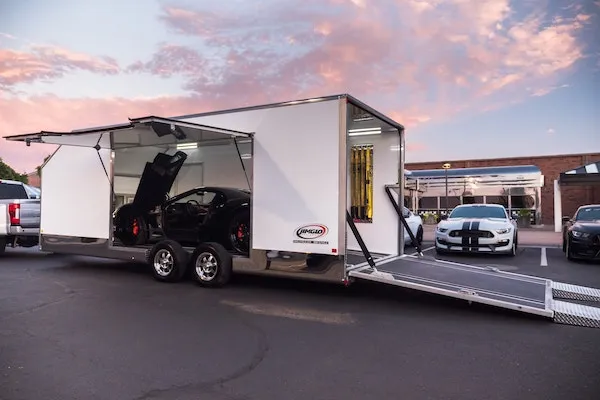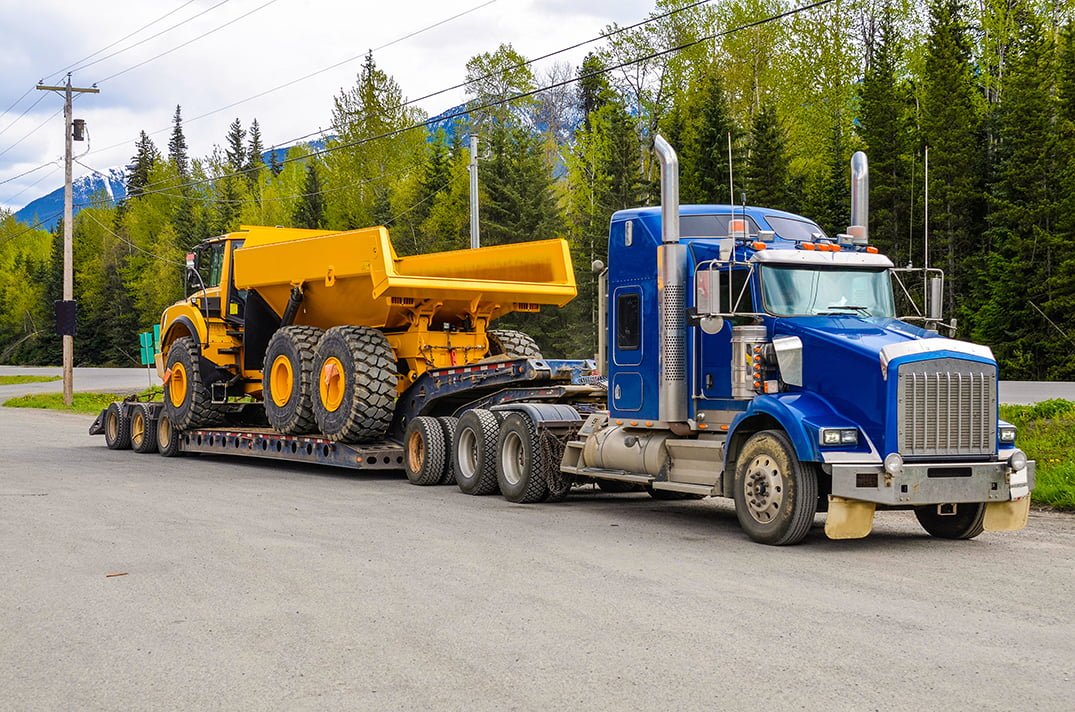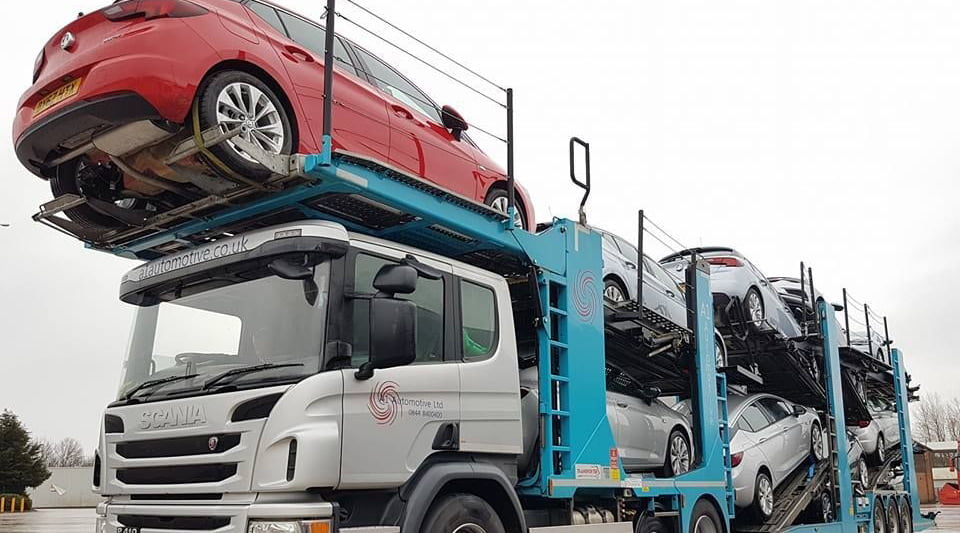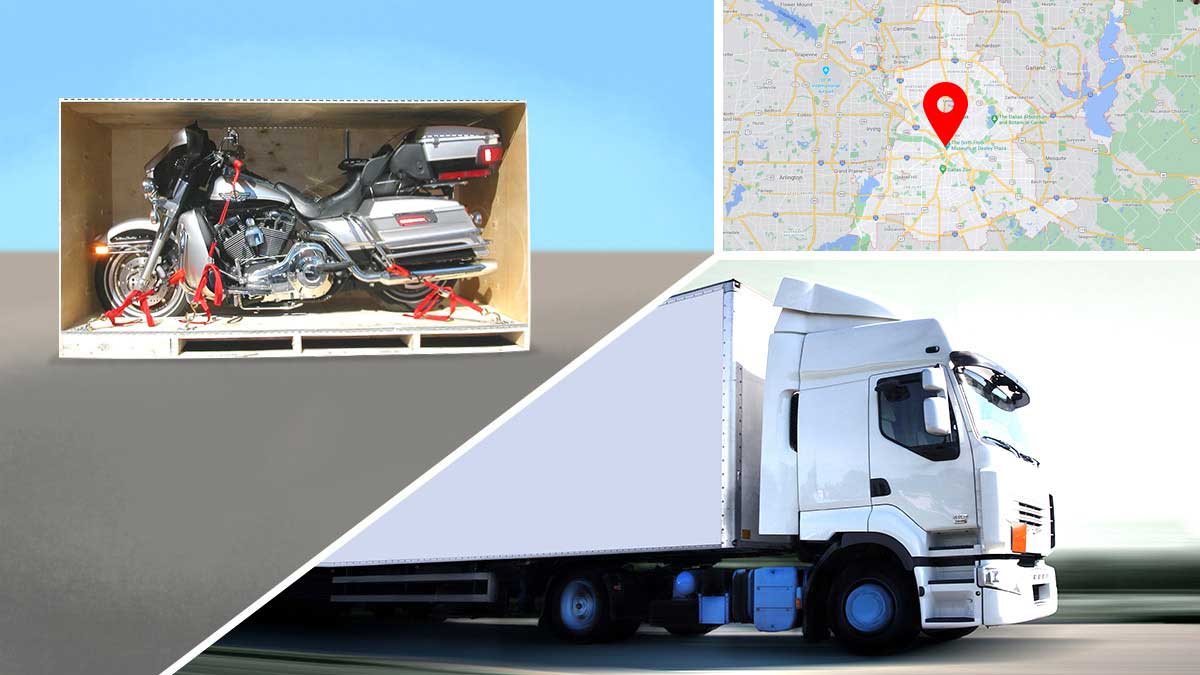The prospect of buying a car may excite you because of the convenience it provides. However, if not done correctly, it can become a nightmare. To ensure that you get a car that not only suits your needs and circumstances, but is also economical. Follow the steps below to know what you should consider before buying a four wheeler:
- Determine your budget and stick to it.
- Research different car models and compare their features, prices, and reviews.
- Consider the fuel efficiency and maintenance costs of the car.
- Take a test drive and inspect the car thoroughly for any defects or issues.
- Check the car’s history, including any accidents or repairs.
- Think About Whether You Would Like To Buy Or Lease.
- Consider the insurance cost and plan accordingly.
Steps to Consider Before Buying a Car
You may eliminate the stress of buying a car by conducting extensive research before making a final purchase. Let’s go deeper into the points I mentioned earlier about buying a car.
1. Determine your Budget
The first and most important step in planning to buy a car is to define your budget. While you may have your heart set on a particular vehicle, you won’t be able to buy it unless your budget allows for it. As a general rule, the total cost of all vehicles, including gasoline, insurance fees, maintenance charges, cost of shipping a vehicle to another state and other expenses. You need to create a budget that doesn’t interfere with your bill payments, savings, and other common expenses.
2. Research Different Car Models and Compare Their Features
To get the best ride for you, compare two, three, or more different manufacturers in the same vehicle category. Kelly Blue Book is a reliable resource to compare the models of cars. Use the site’s automobile value tool to determine the vehicle’s MSRP and dealer invoice, as well as the price range you can expect to see at the dealership. You can search and request a price for any make, model, or year of the vehicle. You may receive phone calls, emails, and messages from dealers immediately, but getting information from multiple dealerships can help you negotiate rates. You should also look for discount offers on dealer websites. Try having this information at your fingertips for a car shipping calculator if you need to move your car to another state in the USA.
3. Consider the Fuel Efficiency and Maintenance Costs
Some vehicles can outperform others in terms of resale value due to powerful engines, better fuel efficiency, and the popularity of the manufacturing brand. Additionally, since car maintenance is one of the most important concerns for buyers, cars with more service centers and better availability of spare parts usually have higher resale prices. When shopping for an automobile, consider its resale value if you need to sell it during a financial crisis or want to upgrade it later.
4. Take a Test Drive and Inspect
A test drive is a crucial time in the car-buying process. A test drive is usually the last thing a customer does before purchasing an automobile. According to Cox Automotive, more than half of all consumers buy the first car they drive. This is generally not a good idea. Dealers understand that if you’ve decided to test drive a car, you’ve probably done so after hours of research. You’ve seen different models and prices. Don’t go for a test drive in the dark.
5. Check the Car’s History
Looking at a car’s history can give you a lot of information, such as the number of checkups, previous owners, accidents, and any recorded maintenance history. You can find a specific can by its VIN and look up its history using services like CARFAX and AutoCheck. It is also your right as a car buyer to have the vehicle inspected by a mechanic before purchasing it. While you will have to pay for an automobile inspection, a reputable technician can identify potential problems that could cost you hundreds of dollars in the long run. It is also advisable to check the car’s history, it will help you to move your car from one place to another with a reliable car trailer service company.
6. Think About Whether You Would Like To Buy or Lease
Consider buying and leasing to own versus renting. When you buy a car, you’re financing the entire purchase price (minus any trade-in or down payment). If you choose to lease an automobile, you pay for the time you own it, which is calculated by subtracting the value of the car at the end of your lease from its value when you buy it.
When deciding whether to lease or buy a vehicle, you should ask yourself several questions.
- How often do you drive? Rental cars usually have a mileage limit before you have to pay extra fees.
- Do you keep your car in good condition? With a lease, you may have to pay a penalty if you return the car in damaged condition.
- Is it likely that significant life changes will occur during the term of your lease? Early termination of a lease agreement is often subject to costs.
- Are you going to take your car to any other state? What will be the quote to ship a car?
7. Consider the Insurance Cost and Plan
Insurance costs have a significant impact on the overall value of the vehicle. Therefore, it is important that you evaluate them along with the value of the vehicle while shopping. Although sports cars often have higher insurance premiums than other vehicles, there are many vehicles that have higher premiums for a variety of reasons.
8. Negotiate the Price with the Seller
Now that you’ve done your homework and test driven vehicles, it’s time to buy the car of your dreams. Keep your budget in mind and be persistent. If the salesperson asks you for a higher price, offer a lower figure so you can settle closer to your desired price. You should make sure you are happy with the monthly payment. With careful planning and study, you’ll find the best auto transport company is USA in no time!
Final Wording
If you’re in the market for a new car, you probably have a lot of questions. The number of factors to consider can be daunting, whether you’re thinking about which vehicle to buy or how much you can afford. To get you started, we’ve compiled a list of eight things to consider before buying a car or vehicle pickup and delivery service.


